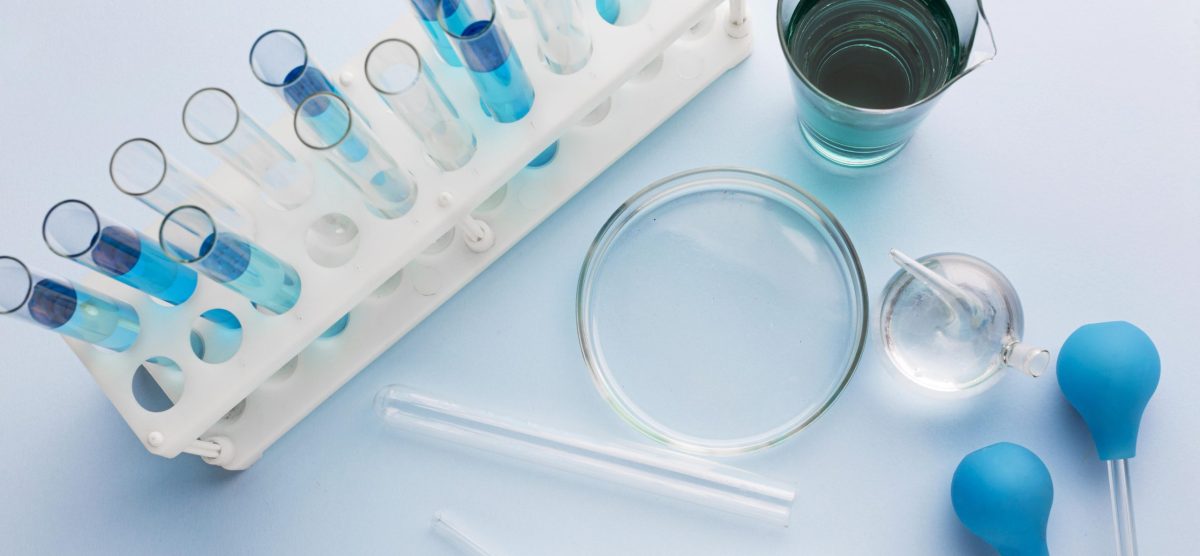
Development Fund
To support studies that will provide preliminary data to leverage further finding.
We are delighted to announce our 2025 development funding call to support established, cross-institutional collaborative groups who are tackling the major challenges in radiobiology and radio-oncology. Our strategic priority is to support studies that will provide preliminary data to leverage further substantive research funding or clinical trials.
Key points are:
- Development Fund awards for up to £20,000 are available
- Application Deadline: by end May 2025
- Projects are expected to commence in September 2025
Up to £5k increased budget limits will be considered only in very exceptional circumstances with appropriate justification.
To apply please email the City of London Radiation Research Centre Project Manager, Ms Hafiza Bibi, on cruk-radnet-cityoflondon@ucl.ac.uk for the application form.
2021 Development Fund Projects
AI-empowered image guidance for paediatric abdominal radiotherapy.
Main Applicant: Catarina Veiga (UCL)
Co-Applicant(s): Syed Moinuddin (UCLH), Pei Lim (UCLH), Jennifer Gains (UCLH), and Derek D’Sousa (UCLH)
We aim to develop computational methods to measure the impact of bowel filling variation in the treatment of abdominal paediatric patients with radiotherapy. We will explore the clinical translation potential of artificial intelligence cycle generative adversarial networks (cycleGAN) to synthesize CT images from on-board CBCT images. This technology will allow us to understand and mitigate the impact that day-to-day bowel gas variation has on the accuracy of RT delivery, informing future clinical trials of proton beam therapy for paediatric abdominal cancers.
Vascular permeability to water, a novel and non-invasive MRI biomarker to characterize brain cancer and its response to radiotherapy.
Main Applicant: Daniele Tolomeo (UCL)
Co-Applicant(s): Mark Lythgoe (UCL), Jack Wells (UCL), Tammy Kalber (UCL), Rebecca Carter (UCL), and Simona Parrinello (UCL)
One of the major features of the glioblastoma is its marked therapeutic resistance. Glioma cells invade normal brain inducing endothelial cell proliferation and causing blood–brain barrier (BBB) disruption. Despite showing promising results in patients, the delivery of Chimeric Antigen Receptor (CAR) T cells therapy is limited by the heterogeneity of the BBB disruption. Our aim is to show that a novel non-invasive MRI technique, sensitive to BBB integrity, is a potential biomarker of low-density tumor cell infiltration that could be used to detect the biological response to radiotherapy and to improve treatment planning.
Assessing the predictive biomarkers of radiosurgery (SRS) in combination with immunotherapy and systemic therapies in patients with brain metastases secondary to breast cancer.
Main Applicant: Anthony Kong (KCL)
Co-Applicant(s): Paul Barber (UCL), Teresa Marafioti (UCL), and Sergio Quezada (UCL)
We will be starting Radiant-BC trial, a multi-centre trial combining durvalumab with stereotactic radiosurgery (SRS) and standard systemic therapies in patients with brain metastases secondary to breast cancer (see appendix). We propose to use multispectral immunofluorescence (VECTRA3 platform) with computation analysis to decipher the tumour microenvironment of the tumours from these patients. We will assess the expression of various immune and myeloid-derived suppressor cells (MDSC) markers in order to uncover potential predictive biomarkers for these patients. This analysis will be correlated with peripheral immune markers before and after SRS and immunotherapy treatments as well as the treatment efficacy and immune-related toxicities.
Utilising novel, blood vessel-targeting aptamers to improve radiotherapy sensitivity a newly optimized pre-clinical unifocal model of non-small cell lung cancer.
Main Applicant: Kairbaan Hodivala-Dilke (QMUL)
Co-Applicant(s): Rita Pedrosa (QMUL), Rebecca Carter (UCL)
We have compelling preliminary data demonstrating that genetic loss of endothelial cell-FAK (EC-FAK) does not affect angiogenesis or drug delivery but enhances the efficacy of DNA-damaging therapy, including chemo- and radiotherapy via therapy-induced altered paracrine,(a.k.a angiocrine) signals (Tavora et al., Nature 2014). We have developed novel Vegf-r2-siFAK RNA aptamers that specifically delete FAK in ECs. Here, we will test the efficacy of combination treatment of EC-specific FAK depleting aptamers with radiotherapy for improved NSCLC treatment.
